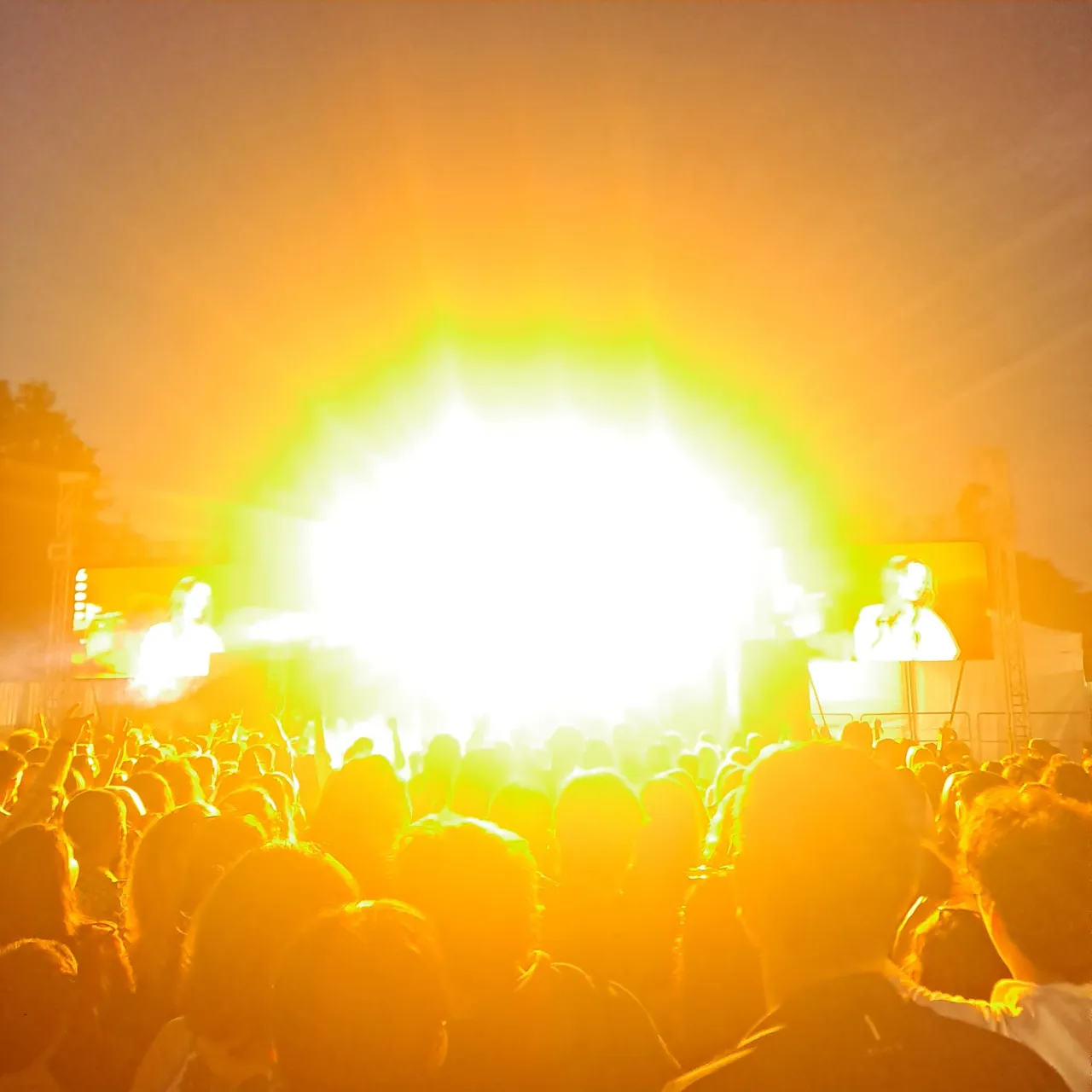The other day, I saw a social media post by the ministry of internal affairs in Romania targeted at teenagers participating to music festivals for the first time. Since the festival season is in full swing, it made sense, and immediately took me back to my own teen days of riding the train with friends for the first time to follow our favorite artists.

It was a well-thought-out post, offering good insights and suggestions for the most part, though one thing caught my attention. The first "tip" offered was that your phone equals your life (lifeline, presumably, but thus translated). So, you know, keep it charged, keep mobile data on, text your parents, etc. All good practical advice, though it got me wondering to what extent that is true, both for teenagers and for us grown-ups.
Many of us have this attitude, especially while traveling - my phone is my lifeline. Many people become quite anxious when their phone loses signal or their battery dies while in a different city, or even worse, a foreign country.
We've grown extremely dependent on navigation systems and online arranging of everything from flights to accomodations to tickets to attractions, even to translating ourselves where good old English fails.
Inevitably, I get the feeling something is being lost.
I think of my mother's accounts of traveling through Europe as a young woman in the 90s. And somehow managing. I think of my aunt getting lost in a foreign city with small children in tow and no way of contacting the group she was with. And yet, managing.
Because in the end, that's what we do. We manage, and certainly that's a lesson we want to be imparting to younger generations. While (obviously) it's important to drive the point home for teens at a music festival - that you need to be safe - it's also worth reminding them they're smart, strong, capable and generally well-equipped to find a way.
You don't want to be raising children that don't believe that, and who panic when the phone dies.
Obviously, I'm aware plenty of people traveled way before mobile phones and smartphones particularly were "a thing" and were fine, but that's not really my point here. I'm not trying to enlighten you that you can actually survive without a phone, rather it's a point of view. An attitude. I didn't live it, but I imagine people my mum's and aunt's age, during that time, had a feeling of "yeah I'll fucking survive because people do". It didn't seem odd to be self-reliant, it was expected.
I just worry it's becoming diminished. That young people are growing up to rely increasingly on a small army of tech devices that, marvelous as they are, are robbing those less trained, less determined, less something, of a sense of autonomy crucial if we are to survive together.
A friend shared an article with me recently talking about the alarming development of technology that concluded, I thought, very aptly,
"The future didn't need more technology. It needed more meaning."
And we are beginning to scramble for it. A future of dependent, pliable, self-doubting people surrounded by machines they neither control nor understand does not sound appealing to me, and perhaps, if we had more sense, we would consider much more carefully how we instruct our children to survive in a world so strange I very much doubt we even fathom it yet.
Ulitmately, survival will belong to the ones who remember not to mistake tools for wise advisors, leaders, and roadside companions.
